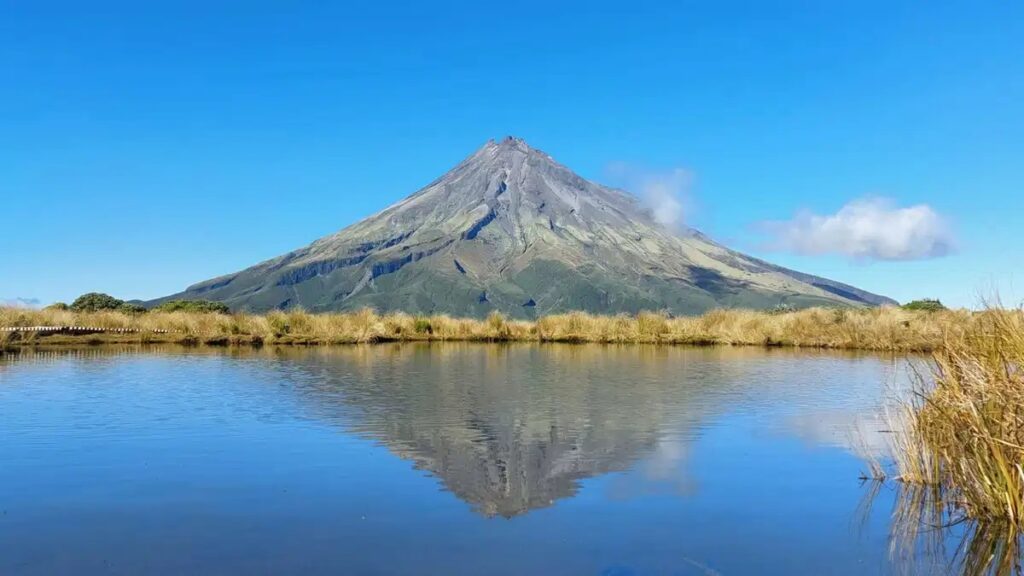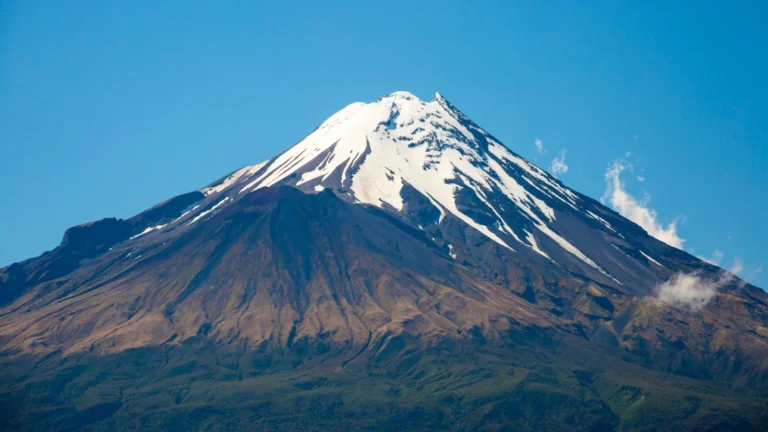
New Zealand Grants Legal Personhood to Mount Taranaki
In a historic and uplifting move, New Zealand in 2025 granted Taranaki Maunga legal personhood, recognizing the mountain as a living entity with full legal rights and responsibilities. This landmark decision honors the profound ancestral and spiritual significance of Taranaki Maunga to the Māori people, marking a powerful step in cultural reconciliation and environmental protection. The law, passed unanimously by parliament, establishes joint management by the local Māori iwi and government representatives. The recognition of Taranaki Maunga legal personhood in New Zealand 2025 places the mountain among the few natural features worldwide granted personhood, setting a global example of respecting indigenous rights and nature.
Honoring Indigenous Spiritual Connection and Legal Innovation
For the Māori, Taranaki Maunga is far more than a physical landmark; it is a living ancestor, integral to cultural identity and spiritual practice. Granting legal personhood is a profound recognition of this worldview, bridging indigenous knowledge and modern law. This move echoes previous New Zealand efforts to give natural features legal status—including Te Urewera forest (2014) and the Whanganui River (2017)—further pioneering how nature and indigenous rights intersect.
By treating Taranaki Maunga legal personhood New Zealand 2025 as a living legal entity, the mountain can now hold rights to protection, preservation, and even initiate legal action to defend those rights. This unprecedented status strengthens environmental stewardship, preventing exploitation, safeguarding ecosystems, and ensuring traditional Māori uses and spiritual practices are respected.
A Symbol of Reconciliation and Cultural Respect

The legal recognition of Taranaki Maunga legal personhood New Zealand 2025 comes after nearly a decade of negotiations, underscoring efforts to address the historical injustices of colonization and land dispossession endured by Māori communities. Hundreds of iwi members celebrated the unanimous parliamentary vote with waiata (song), marking a collective moment of healing and pride.
The law not only honors ancestral connections but also represents a practical governance model where indigenous and government institutions collaborate to manage and protect the mountain’s health, reflecting New Zealand’s leadership in legal innovation for indigenous rights.
Global Significance and Environmental Leadership

New Zealand’s decision to grant Taranaki Maunga legal personhood New Zealand 2025 positions the country as a global pioneer in acknowledging natural entities as rights holders. Only a few places worldwide, such as Mauna Kea in Hawaii and Mount Zizuma in Colombia, have comparable cultural recognition, but legal personhood with rights and responsibilities remains rare.
This initiative inspires other nations to reconsider conservation strategies and indigenous partnerships, demonstrating that legal frameworks can evolve to embrace ecological values and cultural heritage simultaneously.
A Living Legacy for Future Generations
The historic grant of legal personhood to Taranaki Maunga legal personhood New Zealand 2025 serves as a beacon of hope and progress. It protects a sacred mountain, empowers Māori guardianship, and advances New Zealand’s commitment to environmental care and social justice. This uplifting milestone exemplifies how respect for indigenous wisdom and the natural world can reshape modern laws for a more harmonious, inclusive future.
🧩 Related Articles:
- Ireland 2025: Free Public Transport for Children Aged 5–8 Launches Nationwide
- Beyond the Golden Dome: How South Bend, Indiana, Championed Its Way to Becoming the Cleanest City in the United States 2025
- The Netherlands 2025: How the Shift to a Four-Day Workweek is Revolutionizing Work, Well-being, and Productivity
- Ministers welcome launch of free travel for under 9s



